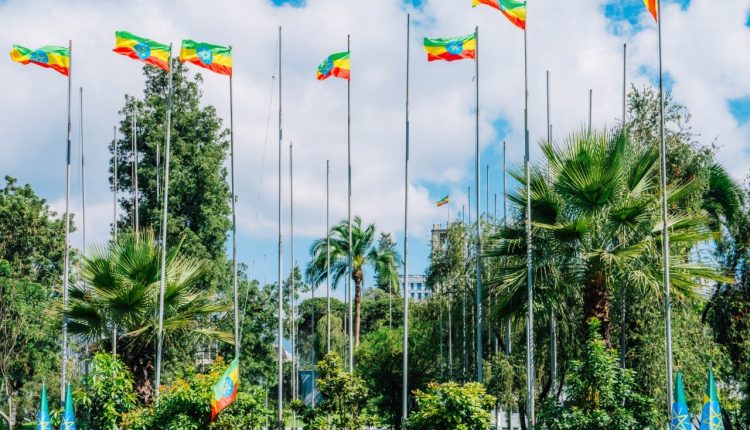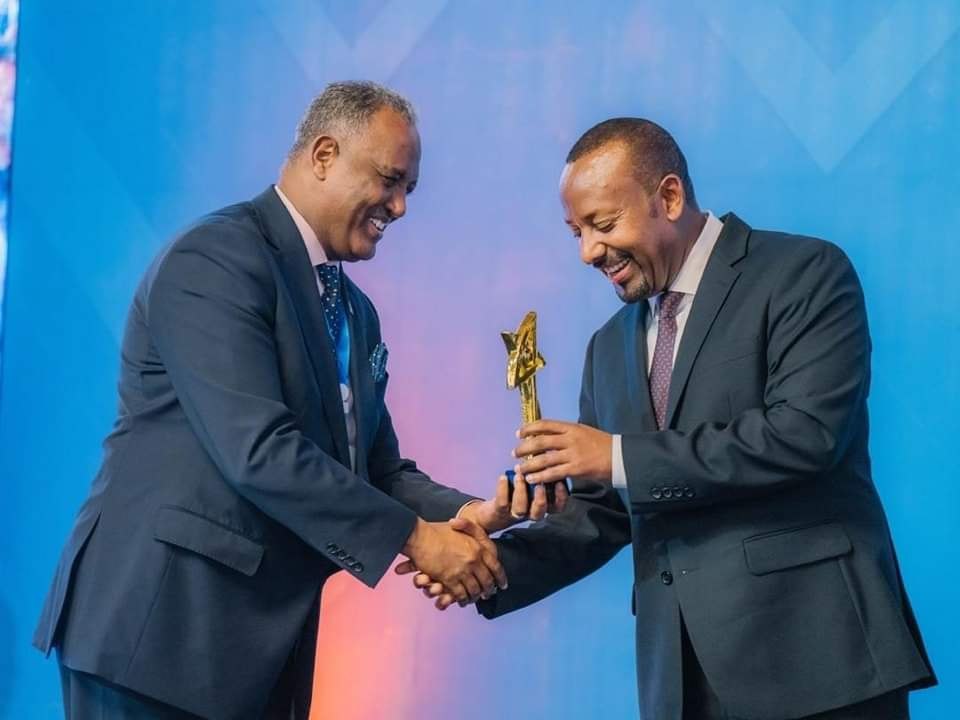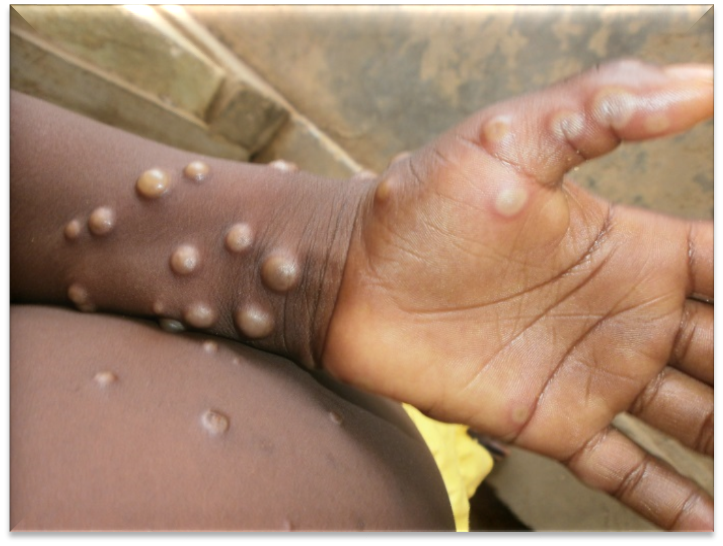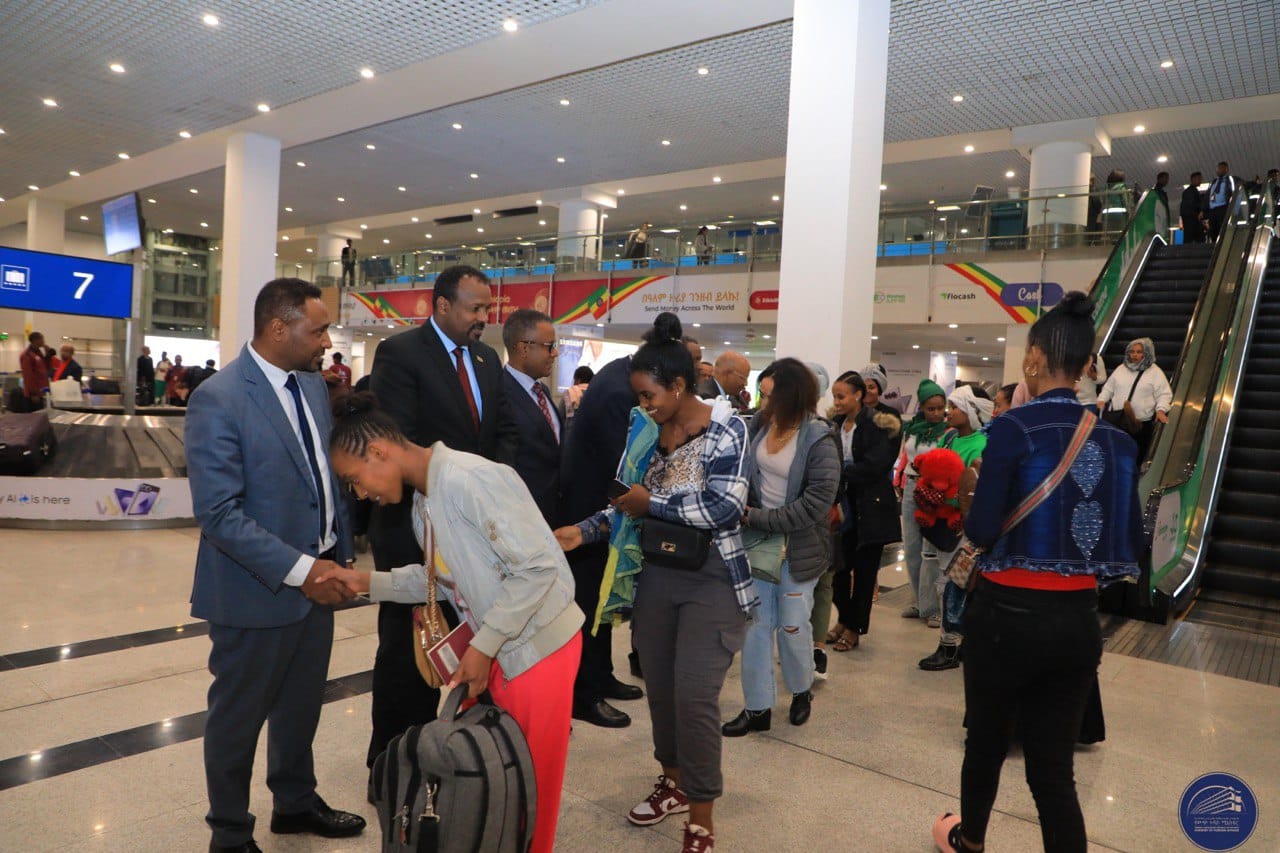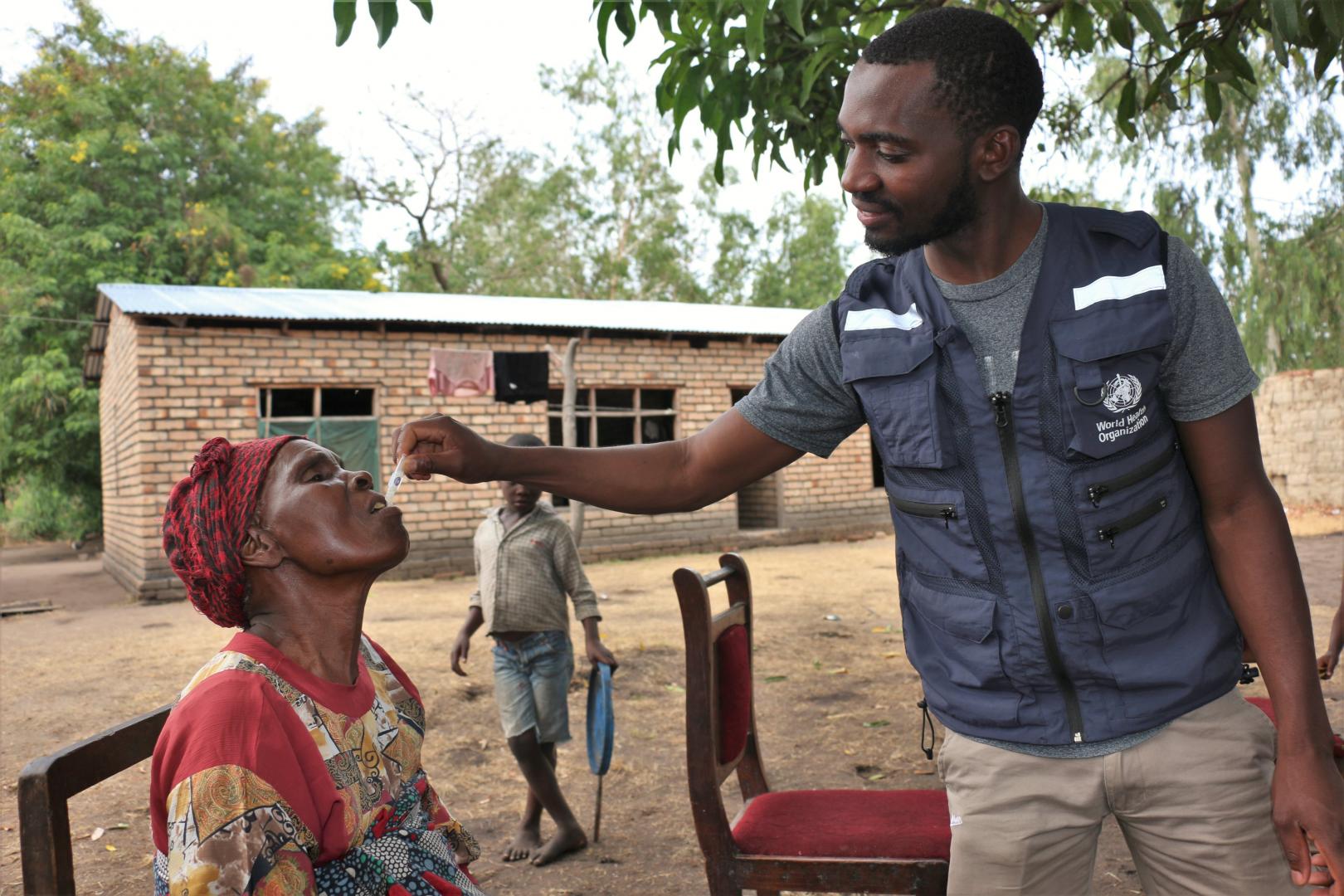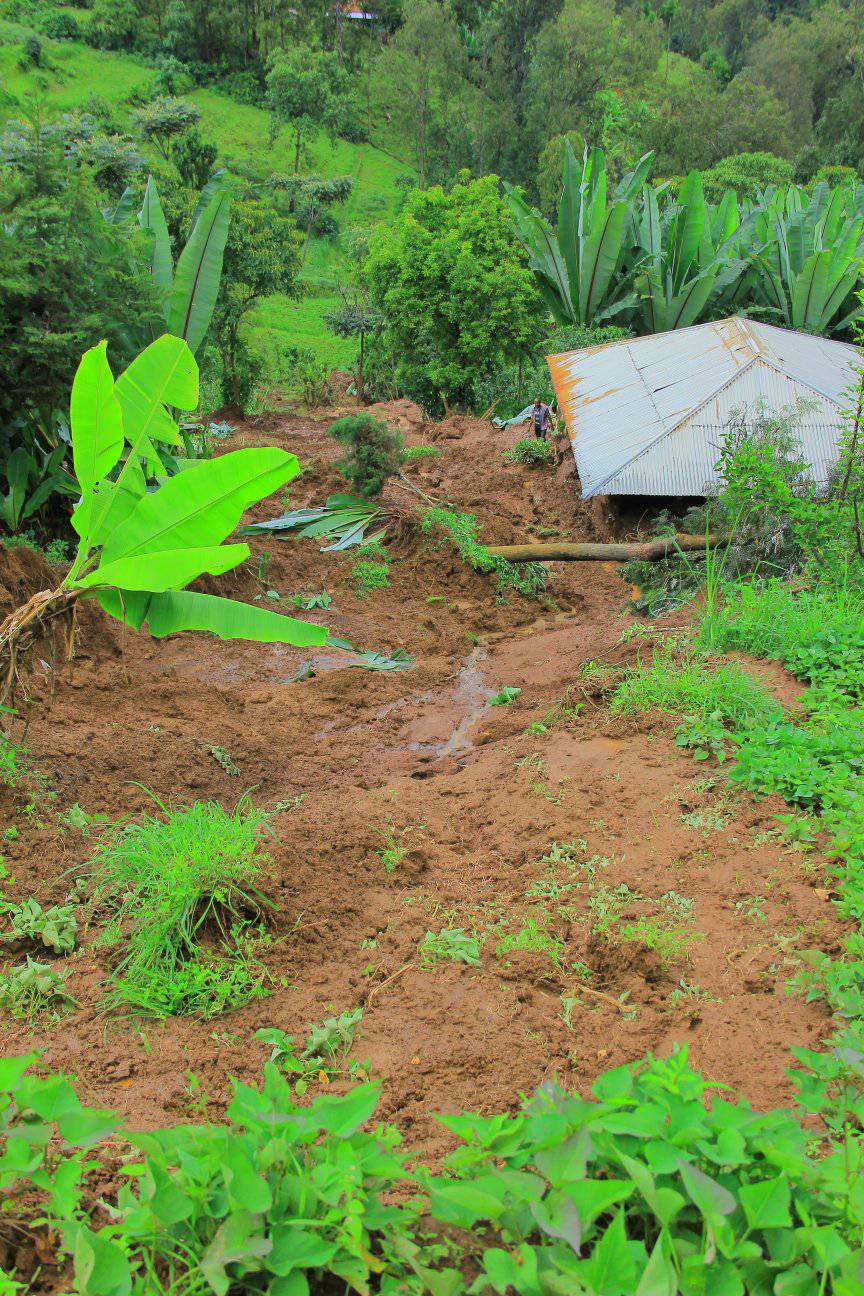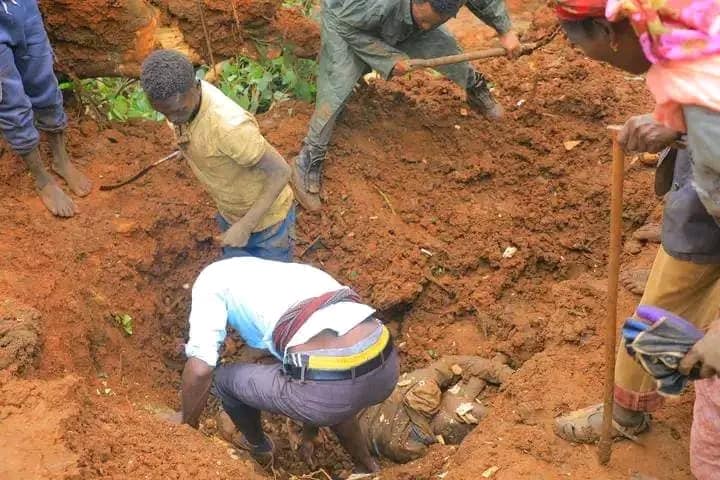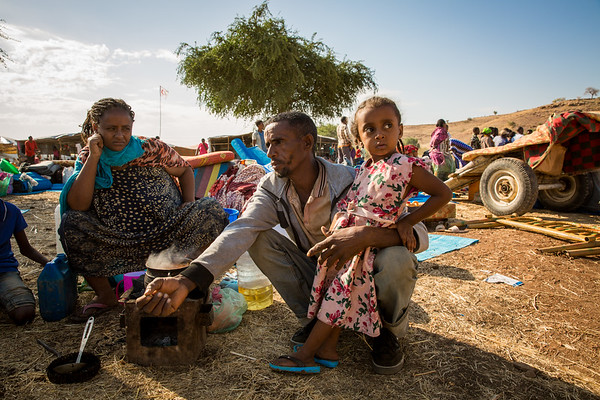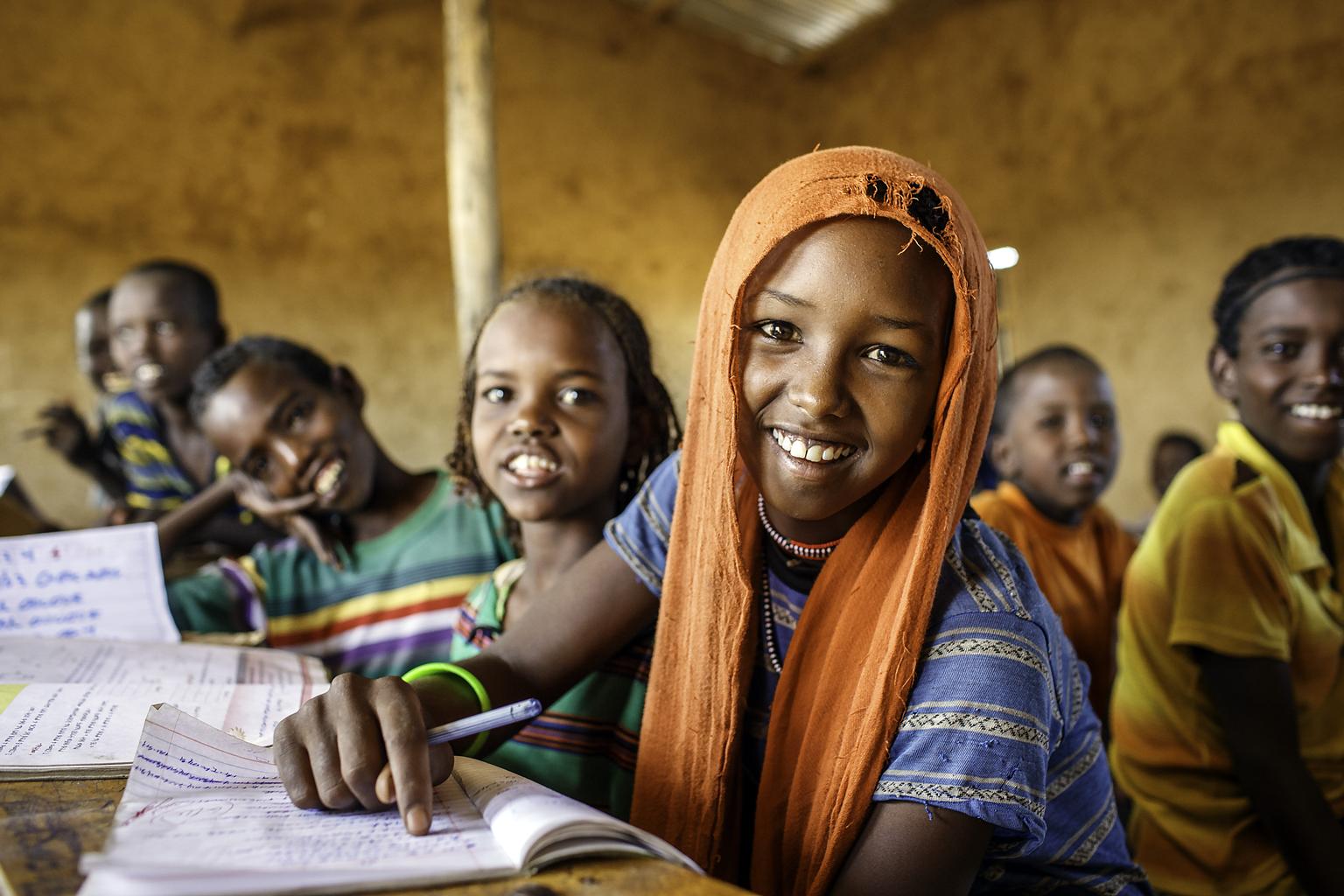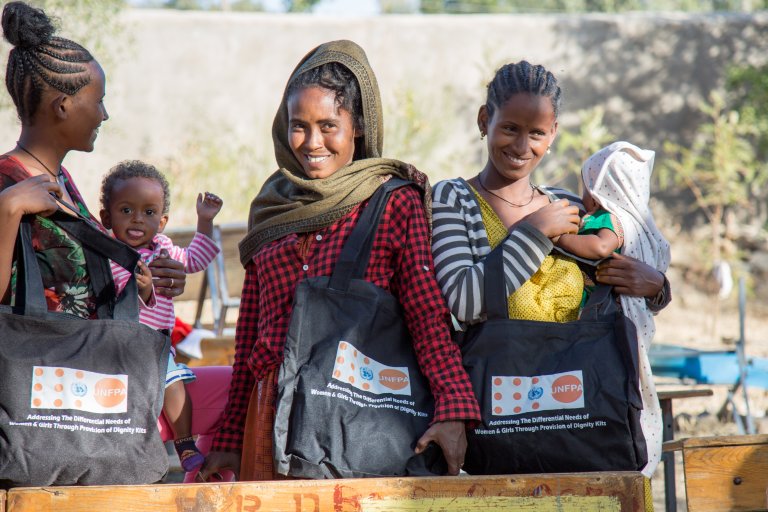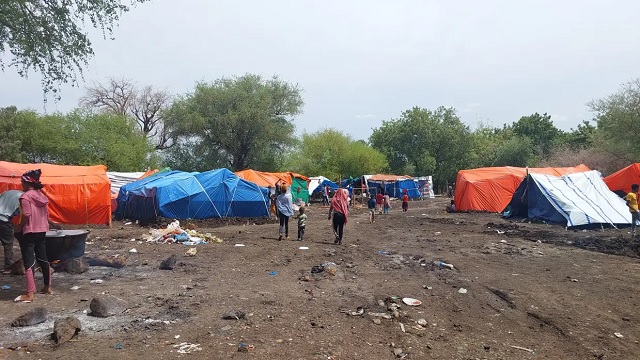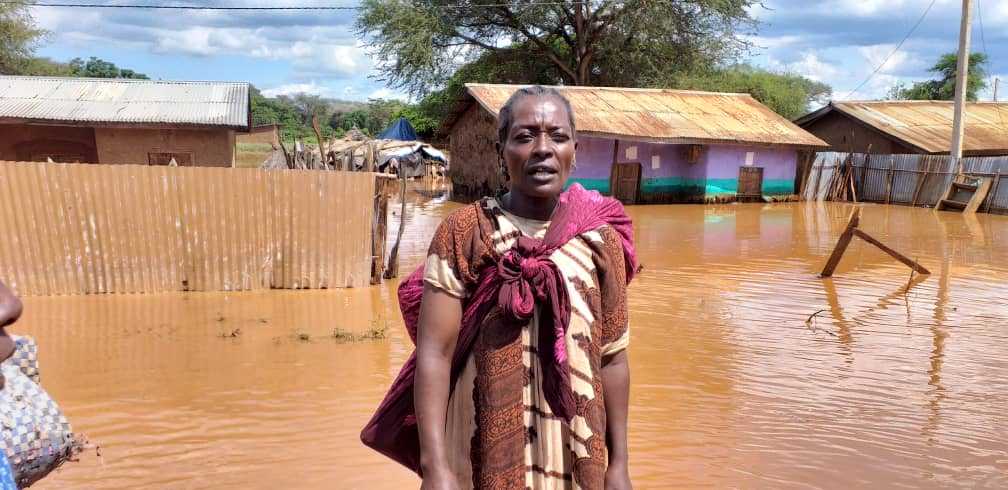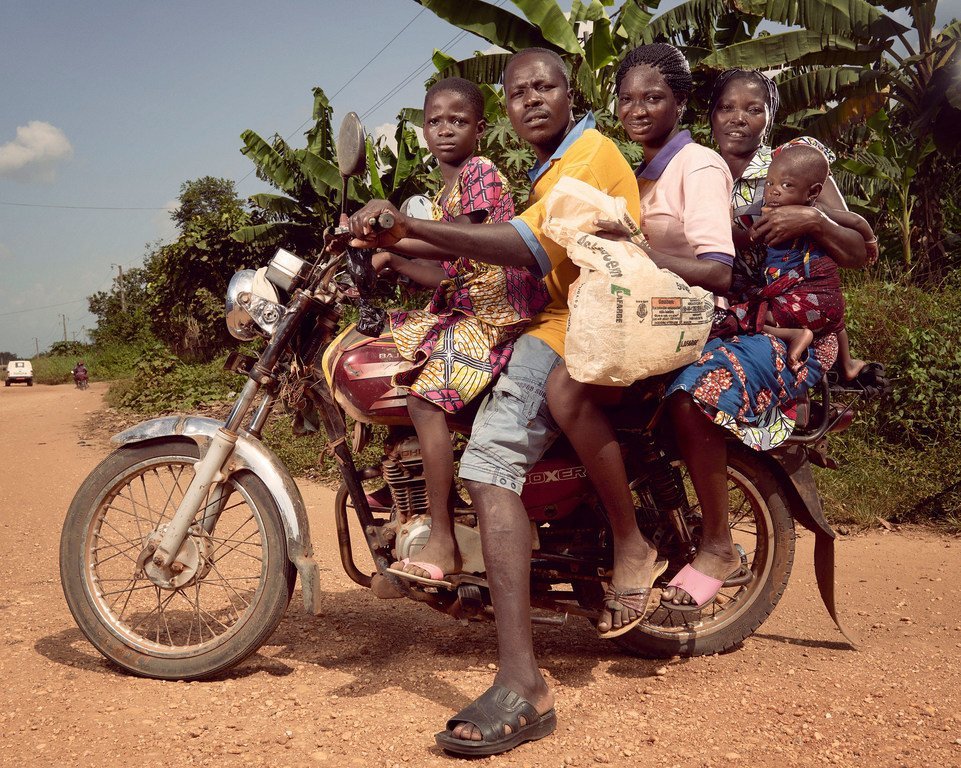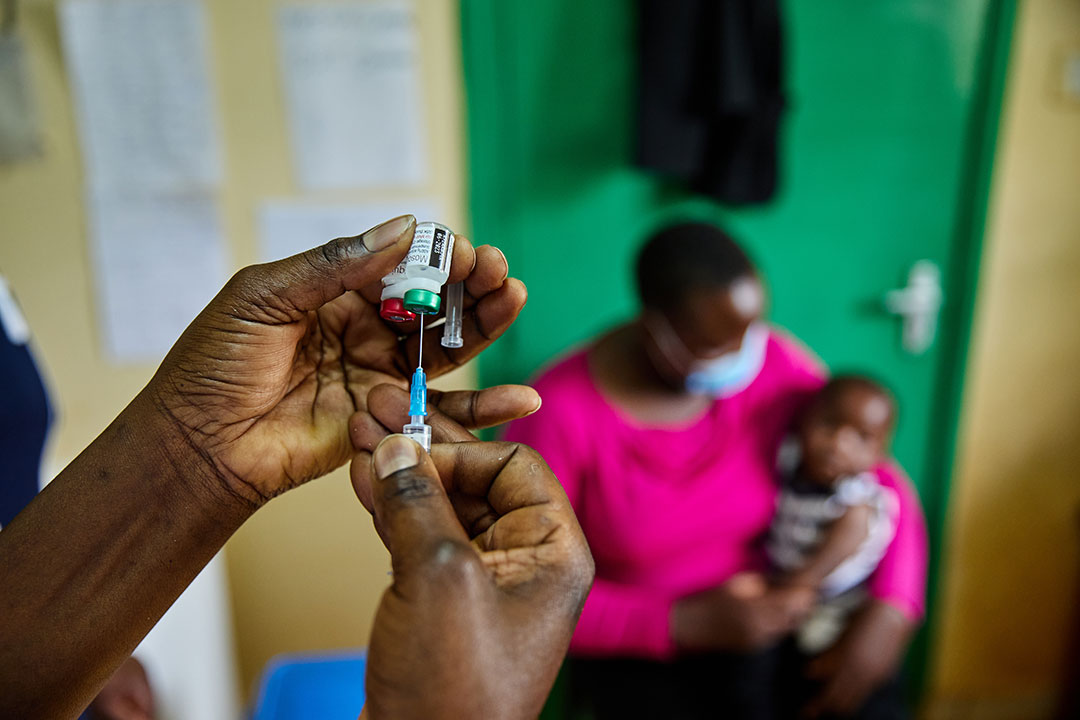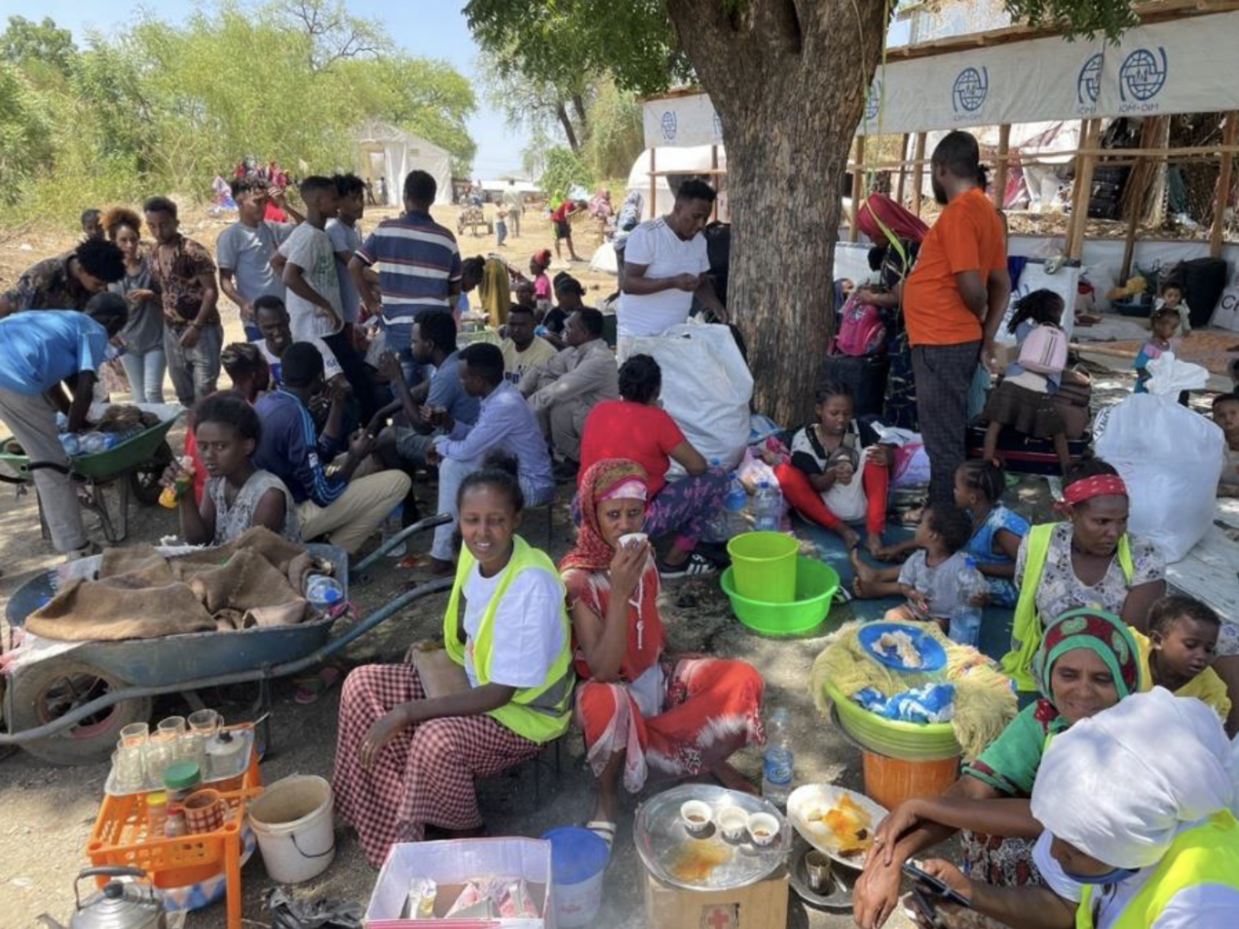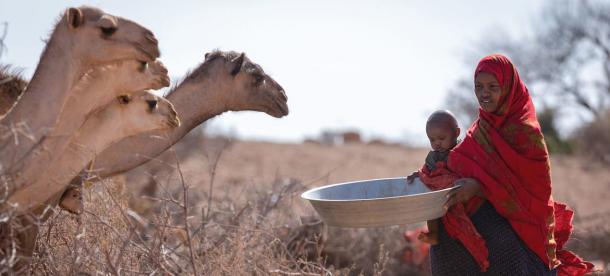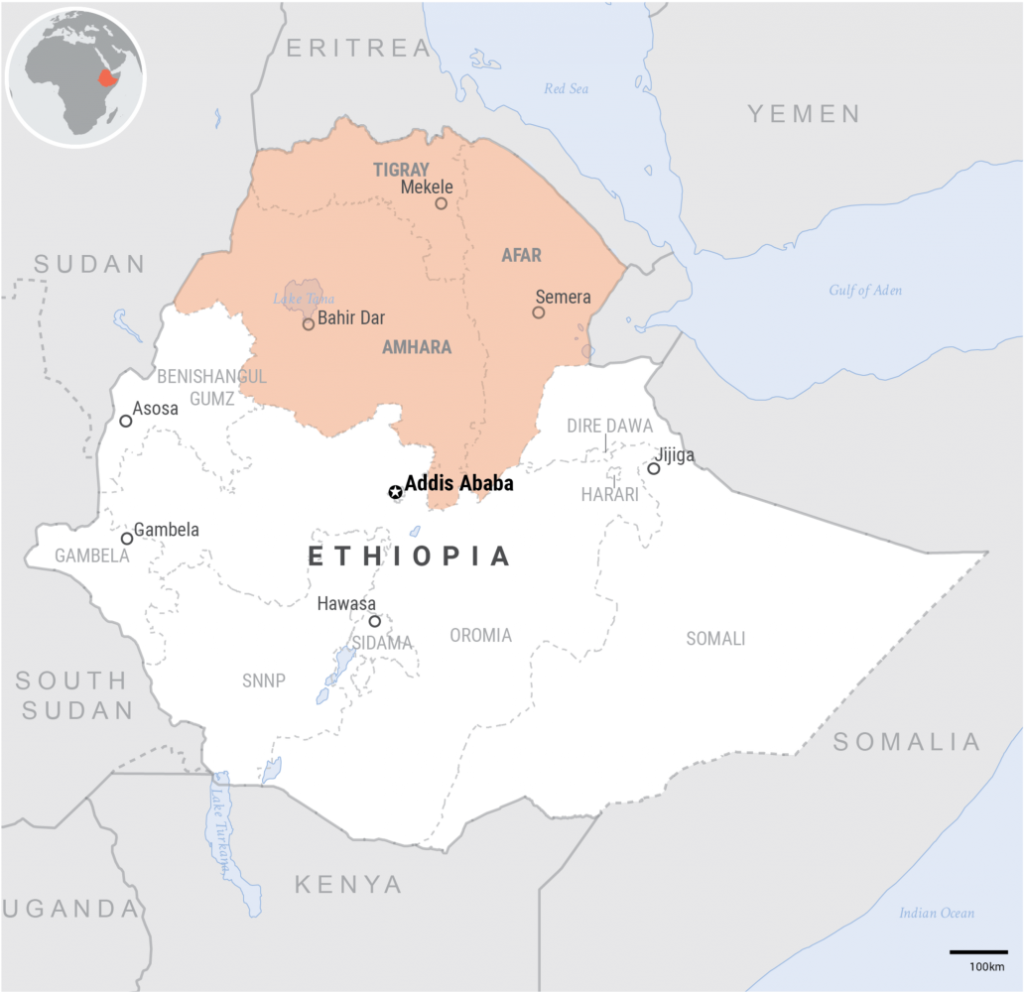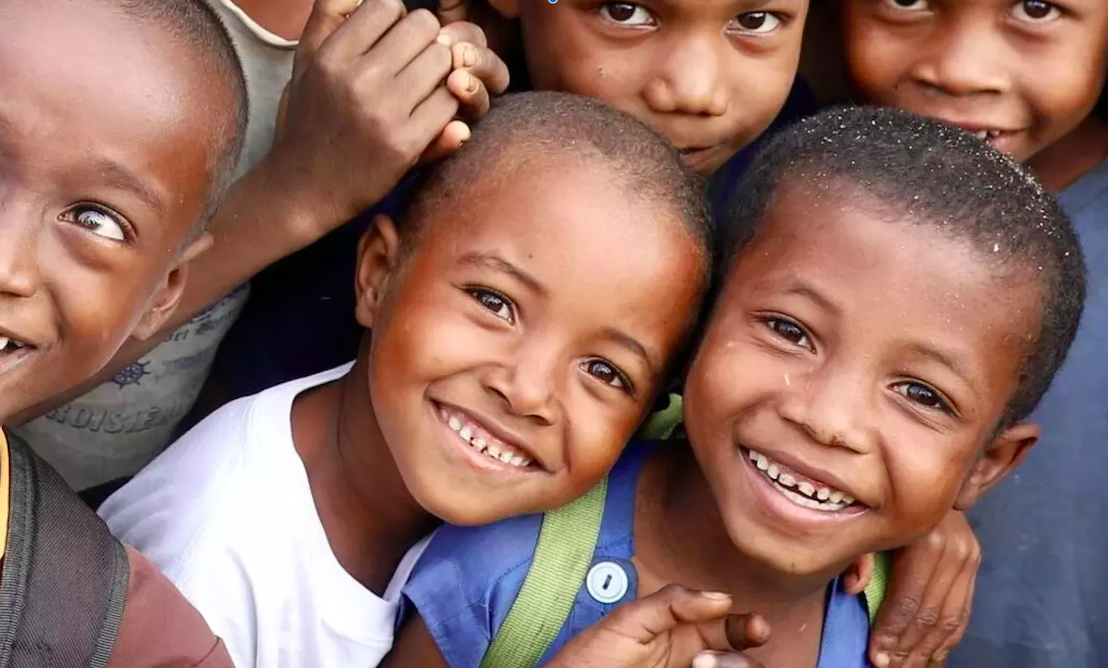
ADDIS ABABA (EI): Ahead of the Day of the African Child, the UN Children’s Fund (UNICEF) said African governments still not spending what they need to secure quality education for the continent’s children.
In the lead up to Sunday’s Day of the African Child, themed this year on “Education for all children in Africa: the time is now,” UNICEF released new education financing analyses that show most African countries are not meeting their commitments to allocate the 20 per cent of their national budget benchmark on education, as recommended by the Sustainable Development Goal framework for action for education.
According to UNICEF’s analysis, a concerning nine out of 49 African countries – less than 1 in 5 – dedicated 20 percent or more of their public spending to education, whilst 24 committed at least 15 per cent, and six countries directed less than 10 per cent.
“Education is key for building human capital for prosperity on the continent. Financing is a major issue across Africa, leaving millions of children unable to acquire the foundational skills needed for them and their countries to thrive in the future,” UNICEF said.
Despite considerable progress made by African governments in boosting primary and lower secondary enrollment over the past decade, UNICEF said schools are underfunded, classrooms overcrowded and there are insufficient teachers, many without adequate training and competencies.
It said low learning outcomes remain a great concern with four in every five children aged 10 years old in Africa unable to read and understand a simple story. As the African Union celebrates 2024 as the Year of Education, evidence shows that:
Data from UNICEF showed that approximately 183 billion USD is needed for children’s education in African countries annually to reach Sustainable Development Goals on education, while available resources stand at 106 billion USD, leaving a financing gap of over 40 percent.
It said governments in Africa spend around two per cent of their education budgets on pre-primary education, while 20 per cent goes to tertiary on average. 13 out of 40 governments with available data invested no resources in pre-primary education while tertiary education continues to be over-prioritized.
As of 2022, spending on education is on average below pre-pandemic levels and on par with levels from a decade ago. COVID-19 caused a significant decline in education spending across the continent with real per capita education expenditure in 2022 equalling levels seen in 2012/13.
“Over 100 million primary- and secondary-school age children are out of school in Africa. Every child should get the support they need – in learning, building relevant skills, and accessing work and other opportunities – to meet their full potential and to contribute to building an inclusive, productive and peaceful continent,” a UNICEF statement quoted Gilles Fagninou, UNICEF Regional Director for West and Central Africa, as saying.
Fagninou said making such progress requires investing in human capital and advancing accessible, inclusive, affordable and relevant learning opportunities for all African children and young people.
The International Day of the African Child/ The Day of the African Child
The Day of the African Child has been celebrated on June 16 every year since 1991, when it was first initiated by the Organization of African Unity (OAU), predecessor of the African Union (AU). It honors those who participated in the Soweto Uprising in 1976 on that day, in South Africa.
The annual event is commemorated annually as a significant occasion to reaffirm the continent’s collective commitment to the well-being and educational rights of children across Africa.
On Friday, the AU held a special event inside the premises of its headquarters in Addis Ababa to mark this year’s edition of the annual commemorative event under the theme “Education for All Children in Africa: The Time is Now.”
As part of the commemorative event, a joint AU- UN Children’s Fund (UNICEF) report was launched focusing on education financing. The report provided a comprehensive analysis of the current state of education financing in Africa and outlines practical strategies to increase investment, improve resource allocation, and ensure equitable access to quality education for all children, especially the most marginalized and vulnerable.
The two organizations, in their joint report, warned that the learning crisis on the continent will become a huge development challenge if investments in education are not enhanced. It said expanding funding for education, both domestically and from external sources, is a key pathway to addressing this challenge. It said efforts to increase and maximize the value-for-money of education spending are critical to unlocking improved learning outcomes for all African children.
The report launch event also featured panel discussions with education experts, and the unveiling of concrete recommendations for African countries to increase and effectively utilize education financing to achieve the right to education for all.
(PHOTO CREDIT – UNICEF)

